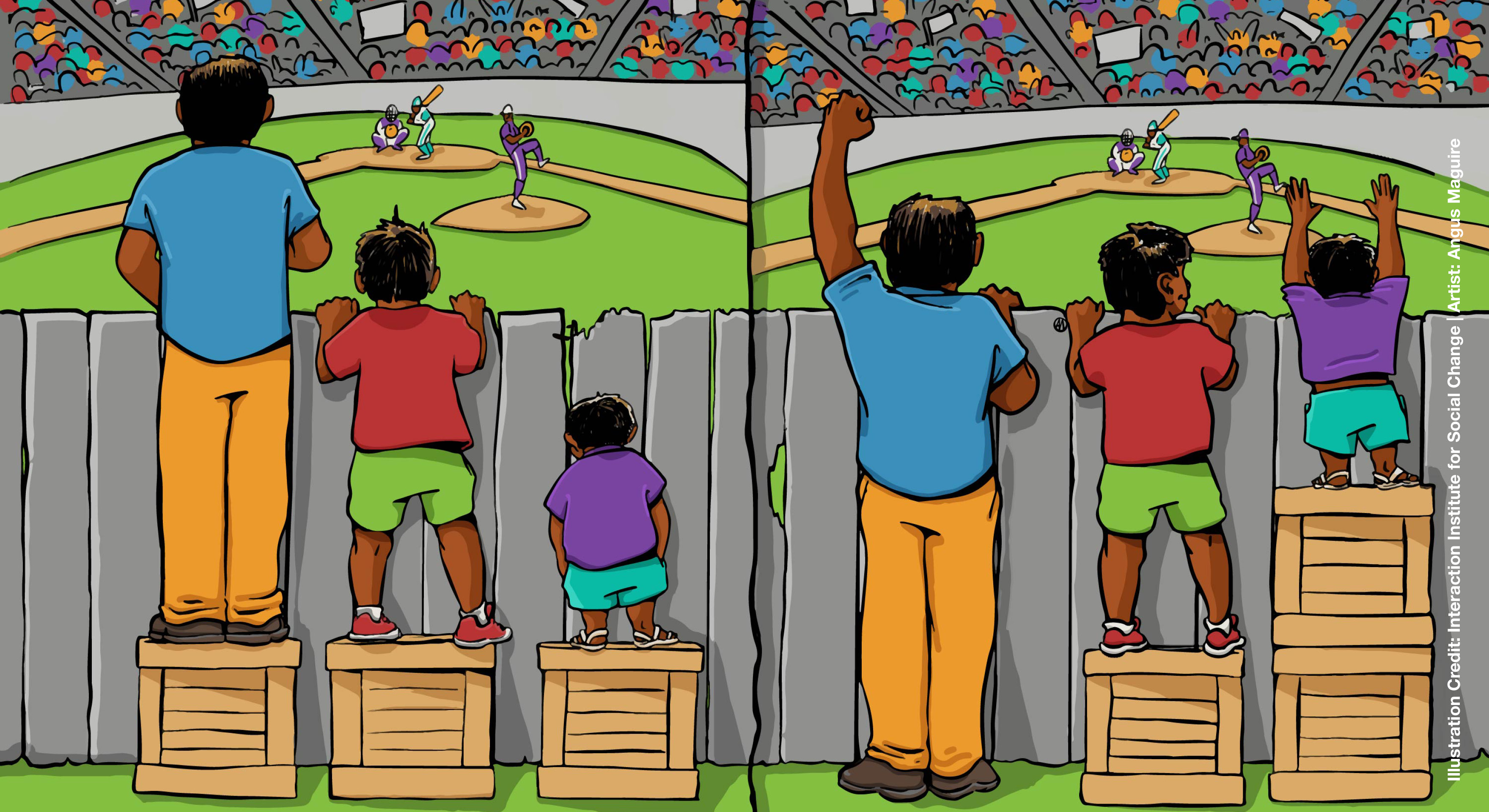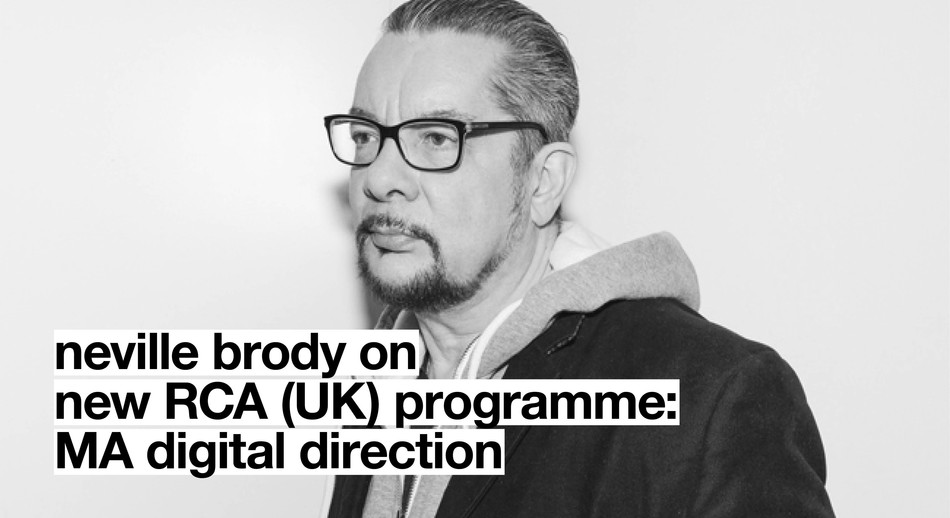How design thinking can reshape our lives

02.11.2010 Features
Jens Martin Skibsted
In this article written for Designboost "Design for Life" magazine, Jens Martin Skibsted challenges design thinking to go deeper and redefine what's valuable, ethical, economical and intelligent. Through redesigning the institutions around us, designers can also reshape the world itself.
Design for life takes design thinking. Design thinking is part of the A/D/A (Architecture/Design/Anthropology) paradigm, which characterises innovative, human-centred enterprises. This management paradigm focuses on a collaborative and iterative style of work and an abductive mode of thinking, compared to the more traditional practices associated with the traditional M/E/P (Mathematics/Economics/Psychology) management paradigm. As such, design thinking provides us with a valuable approach, when it comes to redesigning institutions and - through those - the world around us.
Now, if you are a designer, how could you go about redesigning our lives or rather the institutions that frame our lives?
I would like to give examples of a design approach to a handful of global challenges to better make explicit how design thinking can reshape our lives.
Along those lines, a starting point could be the anthropological angle - a classic point of departure for a designer. And in this case, since it's a global redesign, the meta-anthropological question would be 'what is of ultimate importance to humans?' Cutting to the chase: To ensure the survival of the human race. Framed like this, a global scope might be insufficient since it is certain that at some point planet Earth will no longer be suitable for sustaining human life. What is unknown is when. Even though in the short run the risk of a cataclysmic event is very small - the stakes, i.e. the loss of humanity - are extremely high. Here a design approach might redefine the scope as having to include all potential human habitats. This puts into play the need for regulating space travel, regulating terraforming of planets vis-?-vis geoengineering, planet specific genetic engineering, conservation of pre-human natural areas, etc.
A second point could be to look at the cultural foundation of human institutions in question. To be very brief and simplistic, when you trace back the origins of the ideas behind the regulations you will end up in some domain of normative ethics. Does 'good' then need an overhaul too? If you look at today's main ethical challenge you will probably find it to be out of tune with multilateralism and cultural relativity. This desynchronicity is in some ways comparable to the quality crisis in the 80's of American manufacturing. The United States had defined quality unilaterally as a fixed quality. Japanese manufacturers had defined quality as a process of continuous improvement rather than a fixed quality. This meant their products eventually became superior in quality. Analogously, being ethical represents a given we either abide to or don't; we abide to the UN Global Compact, we don't improve towards it. We might need to reframe ethics for a multilateral world as a continuous process. This means we need an incremental approach open to cultural diversity. By registering and comparing ethical mishaps and policy changes this should allow us to gather statistical data and eventually sufficiently so to create a statistical process control for ethics. Here again, we are faced with an ambitious design job rather than a managerial undertaking.
Further exploring a design approach, here is an example of how a statistical pattern can be the point of departure for a structural redesign of common categories that we use to structure and understand the world around us. In many cases, such categories are the result of historic or semi-random antagonisms and ideologies. They can be reductionist in themselves and seem to hinder trial and error-based methods of designing and developing socio-political institutions.
Some years ago it seemed evident that mid-markets in many countries had shrunk massively; whereas once everything needed to be mid-market to sell. Commercial success became more likely at either end of the income-continuum. The question now is whether the bell curve as a statistical pattern has flipped as such across the board. Assuming just that could spur the following redesigns:
Why do third world countries try teaching their pupils what the first world countries are good at, i.e. average "mid-market" knowledge, rather than their own (or adopted) avant-garde research plus basic low tech "barefoot college" like knowledge? There might need to be a shift from thinking how i.e. West-Africans can get access to already acquired fist world knowledge, to how West-Africans get to be niche research leaders and get export worthy forefront knowledge.
The same pattern could be used to explore whether countries are the right bearers of institutions. Countries can metaphorically be seen as shrunken mid-markets. Should more emphasis be put on the extremes of the inverted bell curve? Should the UN play a greater role in parallel to cities, for example? Inhabitants of globalised big cities have, through common urban topology and culture, more and more challenges in common. Might we need to think across borders and to make cities collaborate directly via new institutions?
To keep the grandeur of scale, can design help us rethink the economy as such? Everything in our evolution has dictated the more the better. How can we rethink economy as a sort of ecology? Can we transfer future discounted costs into a market economy, developing renewable economic models?
Finally, if design for life proves we can redesign these things, can we design the sense of urgency needed to solve these massive, but seemingly remote problems?
This article originally appeared in DesignBoost "Design for Life" magazine and has been republished with permission.
![]() About the author
About the author
Jens Martin Skibsted (born 28 June 1970) is a Danish designer, brands expert and entrepreneur. He has founded or co-founded companies such as the Biomega designer bike brand, Actics, and Skibsted Ideation and KIBISI.He has won several international awards and is currently a member of the Forum of Young Global Leaders for the period 2009–2014.

relatedarticles

03.14.2022 Features
goodbye! and next steps for colleague and friend alexey lazarev

05.27.2020 Features
explorations in ethical design: meditations on equality

05.16.2017 Features
RCA launches new programme: MA Digital Direction

12.14.2016 Features
Interview | Ermolaev Bureau (Moscow)

05.11.2016 Features